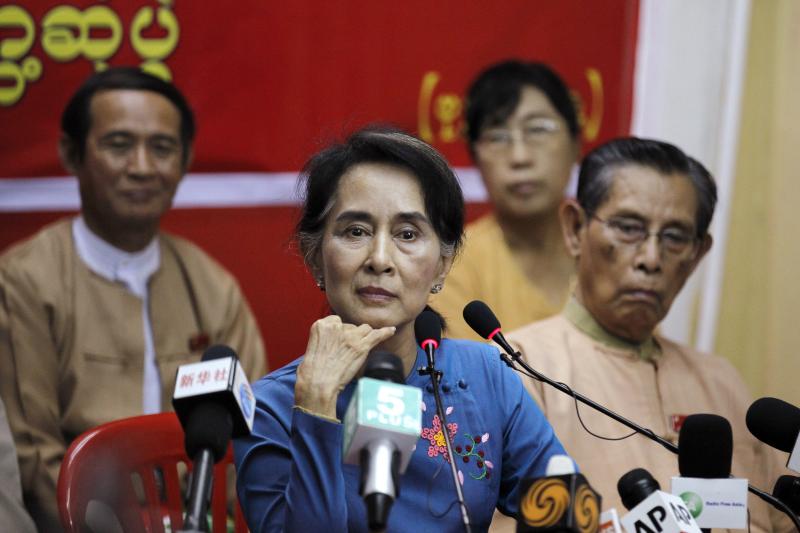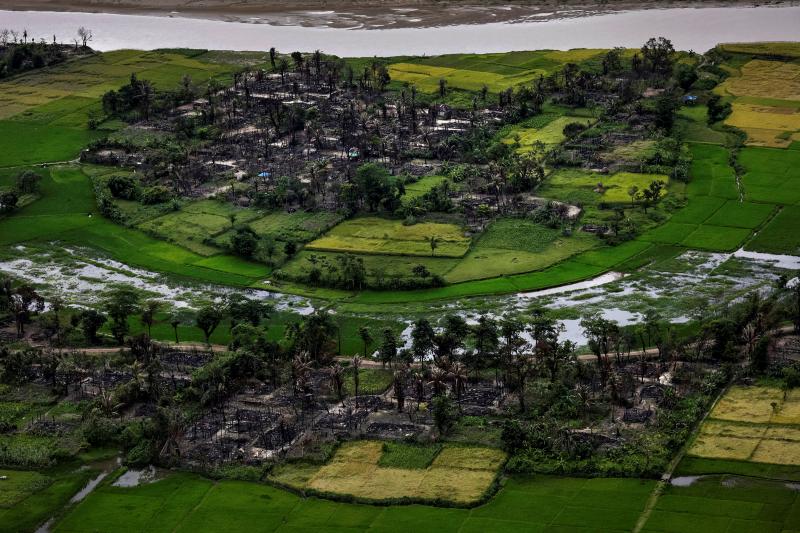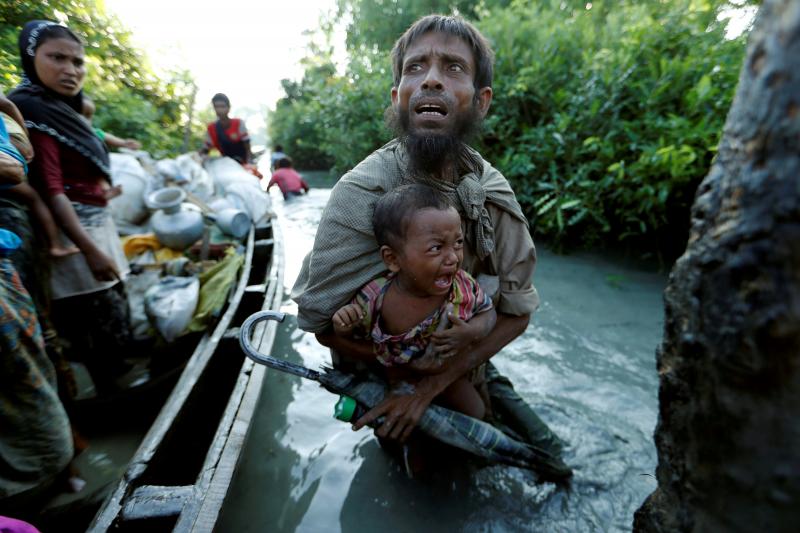 International community is making a huge mistake by supporting Myanmar for the sake of ‘nascent democracy’ as its government led by Aung San Suu Kyi does not believe in human rights, say expert.
International community is making a huge mistake by supporting Myanmar for the sake of ‘nascent democracy’ as its government led by Aung San Suu Kyi does not believe in human rights, say expert.
“Only a delusional official, politician, researcher and journalist would use the words ‘fragile democracy’. ‘democratic transition’, etc. in reference to Myanmar under Suu-Kyi-Army hybrid regime,” says Burmese political dissident Maung Zarni who is also is co-founder of the Free Burma Coalition.
No country or political system that is waging a genocide against its ethnic minorities, or warring against its own religious minorities such as Rohingyas and Kachins can be called ‘democratic’, said Zarni, who is also coordinator of free Rohingya coalition and Free Burma Coalition.
Former Bangladesh Defence Attache to Myanmar Md Shahidul Haq said, “It is a huge mistake by the West to support Suu Kyi’s government.”
Citing his experience in Myanmar, he said, “Still the military runs the show there and they are using Suu Kyi as a shield.”
US economic sanction imposed on them was very effective but it was withdrawn by former President Barack Obama when Suu Kyi came to power, but the matter of the fact is the country is run by the generals, he said.
The essential component of democracy is human rights, which Myanmar is violating every day, he said adding, “How can you call a country democratic which does not believe in and respect for human rights.”
A senior official who served in Myanmar seeking anonymity said the Myanmar government started to violate human rights for Rohingyas since 1962 when they came to power through a coup. The 1973 Myanmar constitution started the process of de-legitimisation of Rohingyas and the first influx came to Bangladesh in 1978-79.
The 1973 Myanmar constitution started the process of de-legitimisation of Rohingyas and the first influx came to Bangladesh in 1978-79.
The 1982 Citizenship Law excluded the Rohingyas as citizen and that led to another influx in 1992, he said.
The military government marginalised them by denying Rohingyas economic activities, social and religious activities and the most inhuman act is denial of freedom of movement, he said. Another senior official said, the United Nations was ineffective in protecting the human rights of Rohingyas while a small group of powerful countries turned a blind eye on the Rakhine situation as they have significant economic and strategic interests.
Another senior official said, the United Nations was ineffective in protecting the human rights of Rohingyas while a small group of powerful countries turned a blind eye on the Rakhine situation as they have significant economic and strategic interests.
He said when census was conducted UNFPA gave in to Myanmar demand to exclude Rohingyas from it while UNDP only undertook projects for the Rakhines and deprived the Rohingyas who are actually the victims.
The international community sacrificed the principles of human rights at the false alter of democracy, he said.


